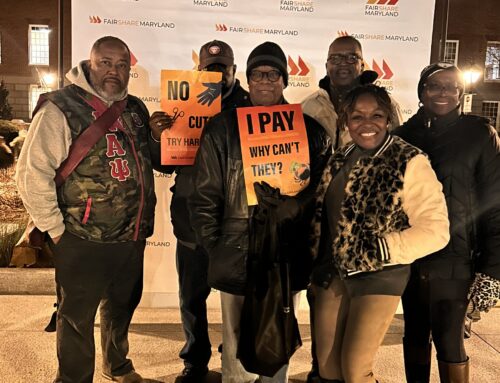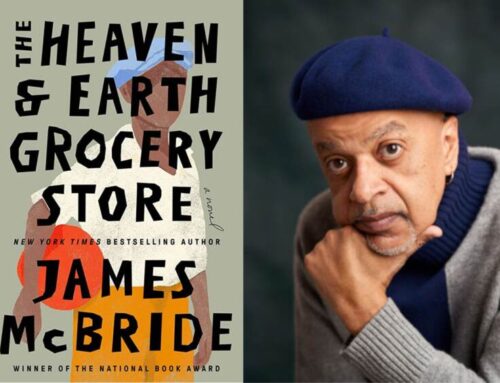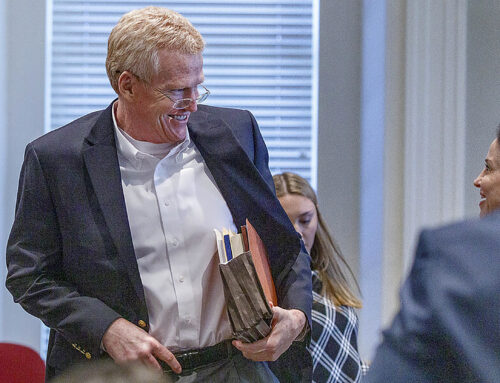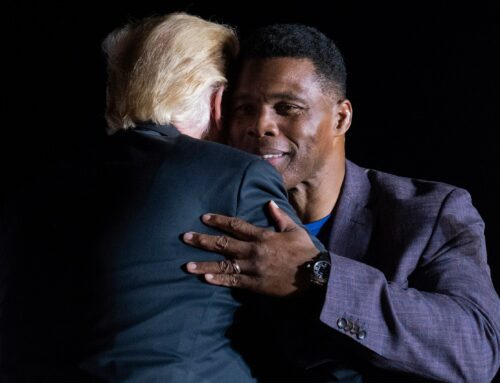
The shout and the dance are key to have “good church.”
by Rev. Dr. K. A. Slayton, Sr.
Sunday morning in America, for many people who look like me, is just not the same anymore. A lot of black church folk are literally having withdrawals, as a result of not being able to participate in the act of congregational worship. I’ve read thread after thread on social media platforms lamenting their longings to return to the sanctuary. One post after another expressing a sincere desire and need to “get my worship on.” But unfortunately due to an unforeseen virus they are unable to enter the doors. Unfortunately, for many of our churches the doors of the church are literally closed. Or as I like to say, the 11 o’clock show has been cancelled.
I thought about this notion of a cancelled show a few days ago. There is a new norm for Sunday mornings now, which includes the possibility of trips to the market, brunch, or maybe even an extended nights rest. Who knew Sundays could be so relaxing and lazy. Lots of people, clergy included, are taking advantage of this most segregated hour in America to participate in protest or some other act of civic engagement. What Sunday no longer include is the pomp and preparation that goes along with prepping for the show. I know by now you’re getting offended by the constant reference of church being a “show.” But what else would you call an event where everyone knows the characters and the exact roles that each will play? Seriously, everyone waiting for the curtain to lift on their particular scene. And we know when it’s time for certain characters to make a scene. I mean…. when it’s their scene to be seen. No…I mean…you know, when it’s time for them to do that thing that they do every Sunday. You know that thing they do at the exact same portion of every service for the past 20 years. They know we’re waiting to see it, because in many cases it is the cue to our own performance. Everybody has a role in this show.
But what do you do when the show has been cancelled? This is the question many leaders of the church are wrestling with in real time. The sudden change in environment necessitated a swift transition to social media platforms. These platforms often used for viewing entertainment must now be somehow adjusted to accommodate the sensitive and possible sacredness of performance. Truthfully speaking it’s difficult to run around the entire church if there is no church to run around. Ain’t nobody trying to walk the furniture in their nicely decorated living rooms for effect. And ain’t nobody jumping up and down in their apartment risking a letter from management or a strange glance from their neighbors.

I am convinced that this transition has caused us to spend more time in actual religious doctrinal exploration. Without the added distractions of typical spirit filled worship services many are forced to seek a different experience. And truth be told some have outright rejected it. The idea of spending a considerable amount of time treading through scripture in search of meaning can be a bit laborious. Ain’t nobody got time for all of that. Give me my show! They recall how much easier it was when you only had to provide a strong music offering and then couple that with a few spiritually rhythmic words and 3 points leading to a celebratory climax.
The reality is that church had to change and there was no way we give the same performance off broadway that we did on Time Square. The show had to make some adjustments, but at what cost? Some of the extra’s were forced to take a leave of absence until further notice. Meanwhile, some of the more prominent characters had their lines reduced and streamlined to align with the new format. The questions that arose for me were simple, but extremely reflective. The first question I had is whether or not the black church experience is more entertainment or spiritual reflection? Is it not church, if there is no performance?
The second question is one of substance. How many times have you been told about the amazing service that friends have just experienced after a Sunday service? But when you follow up with a question that simply asks, “what was the sermon about,” in almost every instance the response is “I don’t know, but we had church today.” In essence the service was rated on the level of intensity at which the spirit moved throughout the worship experience and ultimately expressed through the lens of preaching, praising, and singing. It’s very difficult to replicate this level of high emotion and intensity via technological platforms.Yet, despite such a major shift in presentation, our services must continue to meet the needs of its membership. Therefore, it begs the question, “was any of the performance necessary in the first place?” I personally, would argue that it was necessary when placed in a context culturally cultivated demand for a certain encounter with hope. But that’s a conversation for another time.
Lastly, I acknowledge that when you add color to anything it’s flavor will likely to change. Historically, whatever subjects, venues, spaces, or customs that black folk have integrated we’ve always added a flair and style that has accommodated our own taste and culture. Our embrace of the Christian faith is no different. So did style suffer in order to substitute substance or did style enhance substance?
Whatever conclusions you reach on these questions I hope you will share them with others to expand the conversation. The reality is, soon we will all return. The question then, as it is today will remain: “What constitutes a meaningful church experience for you?”






